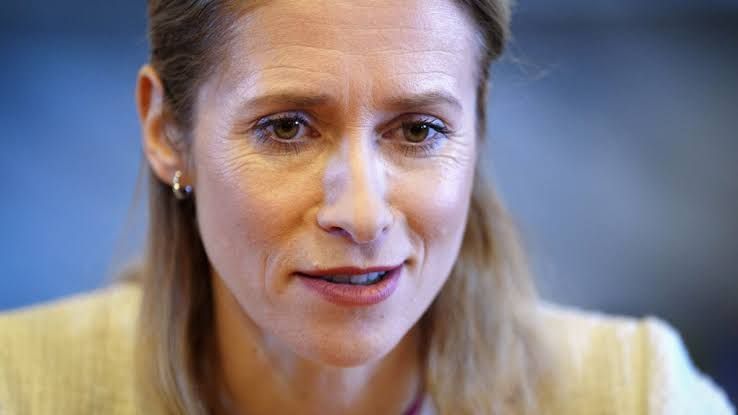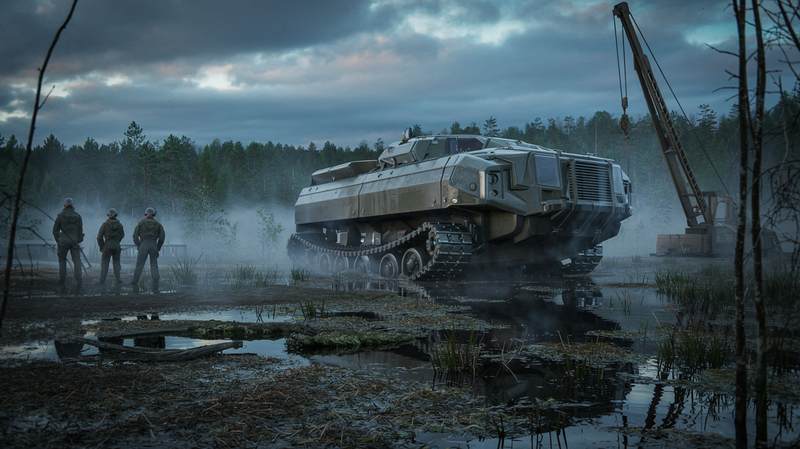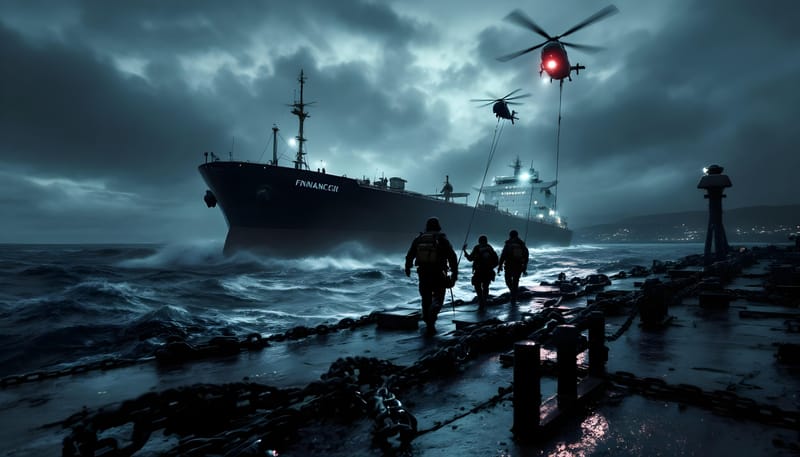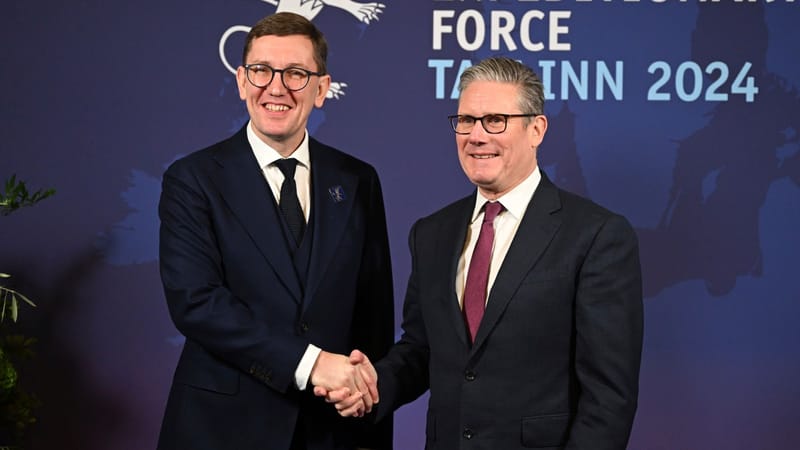Estonian Prime Minister Kaja Kallas Contends for NATO's Top Role Amidst Increasing Eastern European Influence
The race for NATO’s next Secretary-General is heating up amidst the organization's renewed sense of purpose following Russia’s full-scale invasion of Ukraine. The position, currently held by Secretary-General Jens Stoltenberg, has become a pivot of interest. Although Stoltenberg's term has been extended thrice to

The race for NATO’s next Secretary-General is heating up amidst the organization's renewed sense of purpose following Russia’s full-scale invasion of Ukraine. The position, currently held by Secretary-General Jens Stoltenberg, has become a pivot of interest. Although Stoltenberg's term has been extended thrice to present a united front against Russian aggression, he is expected to step down in September after a nine-year tenure.
Estonian Prime Minister Kaja Kallas, referred to as Europe's new 'Iron Lady' by some media outlets, has come to the forefront as a potential candidate for the role. Notably, Kallas has received significant backing from Poland over Denmark's Prime Minister Mette Frederiksen, who was previously seen as the front-runner.
Kallas' candidacy gains significance due to her country's strategic location on NATO’s eastern flank, providing a unique perspective within the alliance. Poland’s support for Kallas is believed to be driven by their desire for a leader from NATO’s eastern region that also maintains strong defense spending commitments. This is a feat that Estonia has successfully achieved, committing 1% of its GDP to Ukraine’s defense in the past year.
Her main competitors include Frederiksen and Ben Wallace, Britain's defense secretary, who is being advocated for by British Prime Minister Rishi Sunak. Frederiksen and Wallace have demonstrated a robust stance on arming Ukraine, and their candidacies represent the traditional power balances within NATO.
However, the strategic shifts taking place in Europe call for a fresh perspective. Kallas has been very vocal about the threat from Russia as a member of the alliance’s eastern flank. This places her at odds with older NATO members who view her country more as frontline support in need of protection rather than a leader.
In this context, Kallas' potential appointment could signal a significant shift in the power dynamics within NATO, acknowledging the emerging strategic importance of Eastern European members. Despite the existing ideological divide, the solid backing of key allies, particularly the US and Canada, may significantly bolster her candidacy.
France and Germany are currently less likely to support Kallas due to their long-standing policy of maintaining a dialogue with Russia. However, Poland could leverage its strong alliances with the UK, US, and Canada, to rally support for Kallas.
Kallas’ understanding of the implications of standing outside the NATO alliance, the necessity of a strong defence, and her lived experiences could provide the crucial perspective the alliance needs as it contemplates offering Ukraine a formal path to membership. This is particularly crucial as NATO continues to redefine its role in light of the changing security dynamics in Europe.
The race for NATO's next secretary-general thus becomes more than a change of leadership; it represents a potential shift in NATO's strategic focus, acknowledging the pivotal role of Eastern European nations in the face of Russia's increasing aggression.




